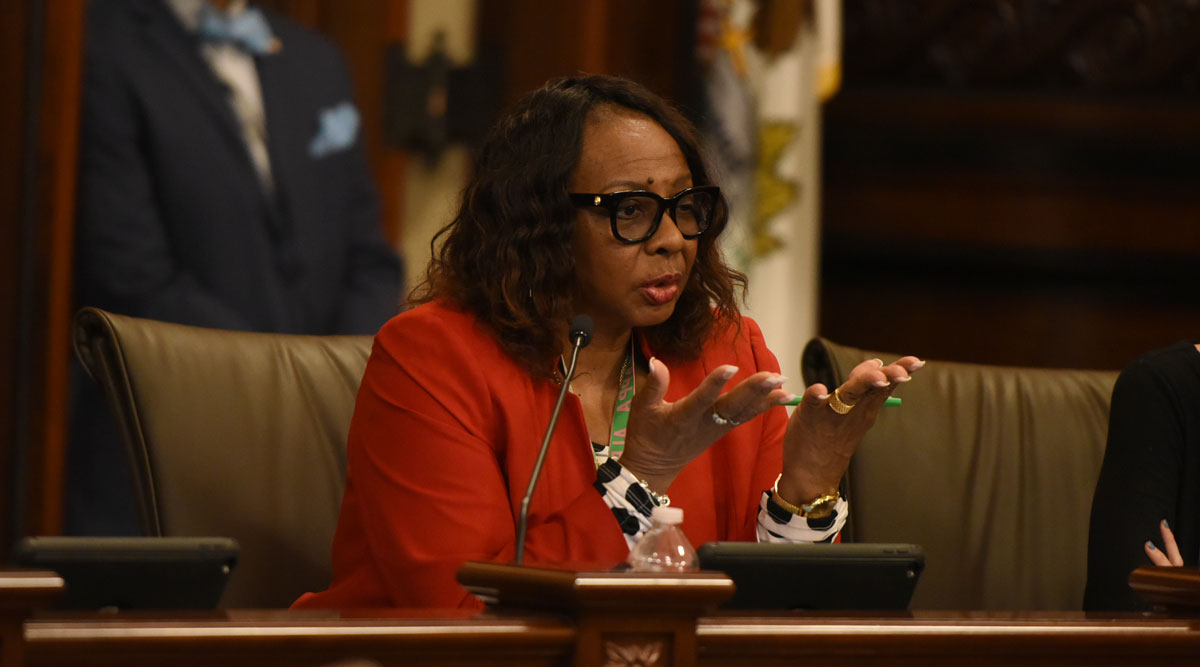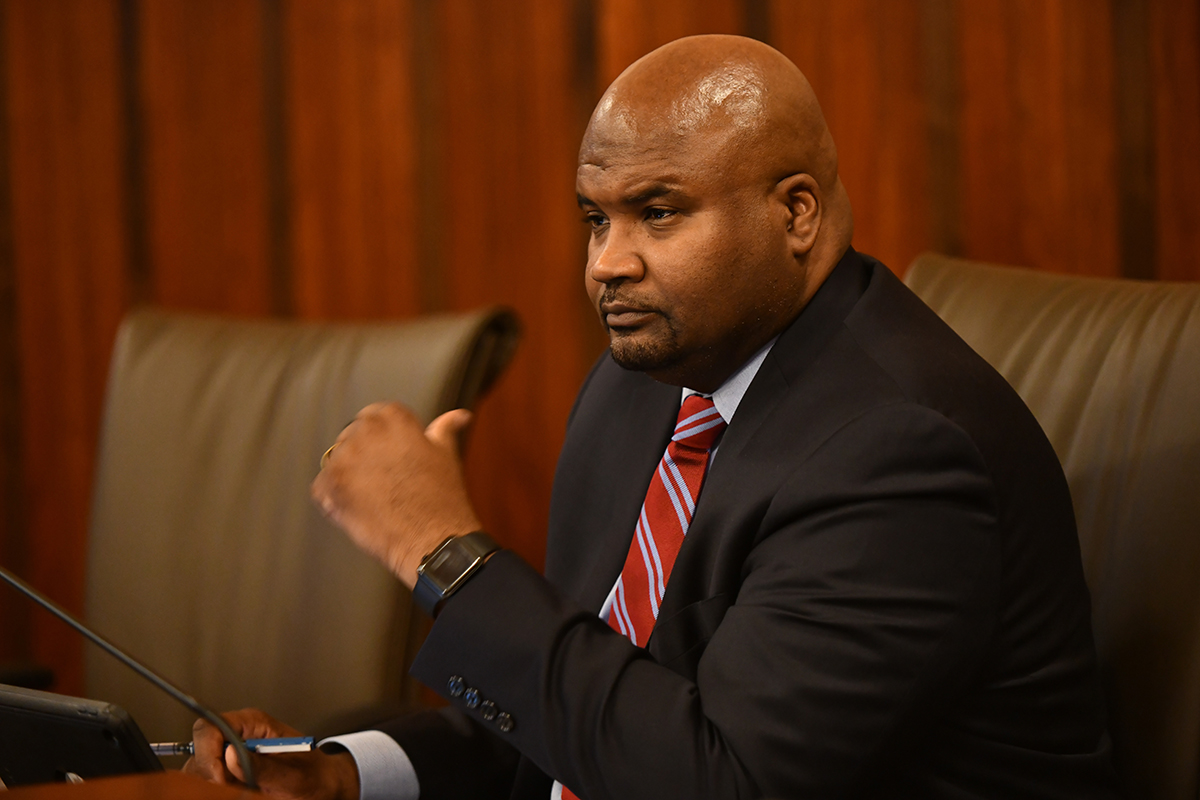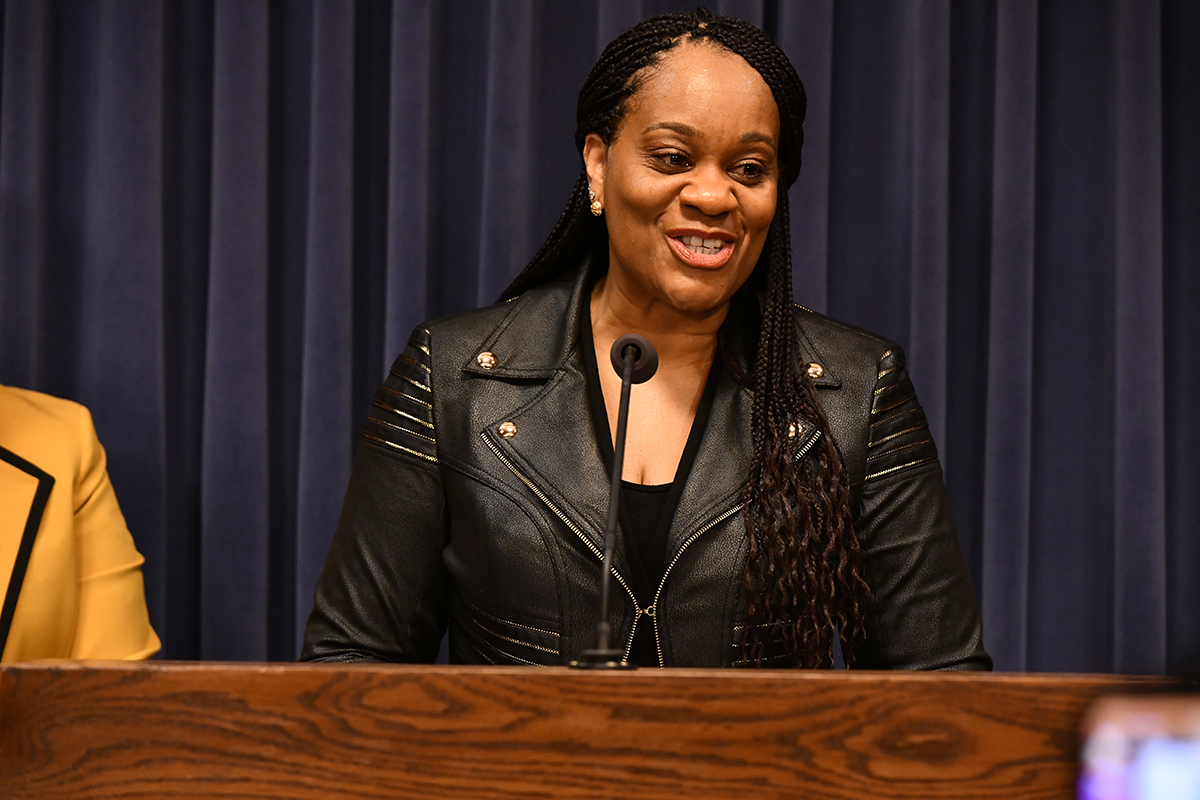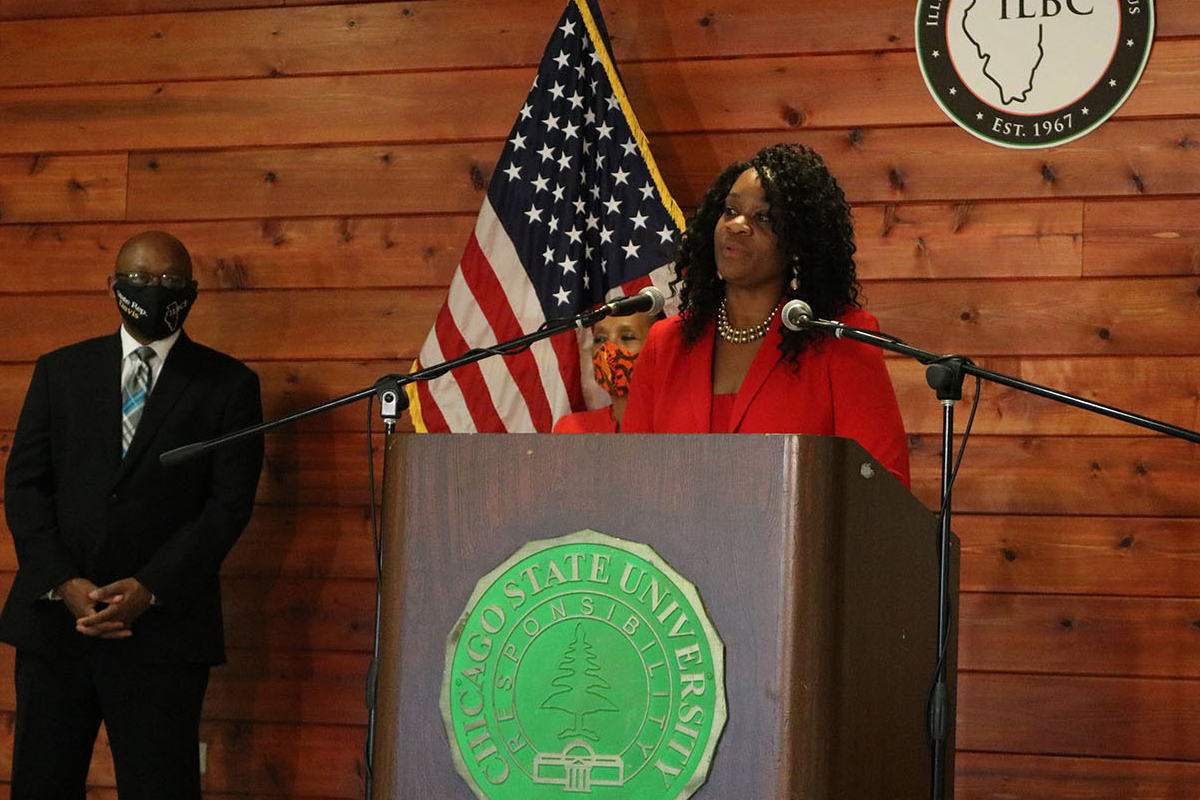- Details
- Category: ILBC Committee Roundup

The Illinois Legislative Black Caucus wrapped up more than two months of committee hearings in an effort to provide legislators with a look at lingering problems that Black Illinoisans face and identifying a path forward to eliminating systemic racism.
The hearings began after the caucus outlined its four-pillar legislative agenda in early September to identify measures that will put Illinois on a course for racial and economic equity. Those pillars are:
I. Criminal justice reform, violence reduction and police accountability
II. Education and workforce development
III. Economic access, equity and opportunity
IV. Health care and human services
This week began with a hearing of the Senate Public Health and Human Services committees focused on health care disparities and recommendations on how to improve the system for minorities.
Read more: Black Caucus Committee Roundup for Week of Nov. 9
- Details
- Category: ILBC Committee Roundup

As the scheduled fall veto session quickly approaches, the Illinois Legislative Black Caucus continues to host a number of hearings in preparation of passing its legislative agenda to combat systemic racism.
The Senate Education and Higher Education Committees held a joint hearing Wednesday to focus on efforts to prepare Illinois youth to enter the workforce. The committee touched on career and technical education (CTE) programs, the Illinois Pathways program, and the Illinois Postsecondary Workforce Readiness Act.
“With few or no work experience programs available in their communities, students can’t build the job readiness skills they’ll need to excel in the workforce after graduation,” said Senate Majority Leader Kimberly A. Lightford (D-Chicago). “CTE programs are an essential part of preparing students for high-demand, skilled careers.”
Read more: Black Caucus Committee Roundup for week of Nov. 2
- Details
- Category: ILBC Committee Roundup

To continue its work to combat systemic racism, the Illinois Legislative Black Caucus held a number of committees during the last week of October, covering topics from a lack of diversity in the workforce to disparities within the health care system.
The Senate held a joint hearing Monday to discuss the vast disparities Illinoisans face in access to treatment for addiction and mental health disorders.
“It’s crucial that we examine the intersections of mental health, bias and incarceration rates,” said Senator Patricia Van Pelt (D-Chicago), chair of the Senate Public Health Committee. “One in five people shot and killed by the police suffered from mental illness. People who should be getting treated for their illnesses are instead being abused, killed and locked up. We must begin to look at these issues differently.”
Legislators heard from mental health advocates including Dr. Rashad Saafir, CEO of Bobby E. Wright Comprehensive Behavioral Health Center, who broke down the cycle of disparity: Many African Americans who go to the emergency room for a mental health or addiction crisis will be released without continued care, oftentimes returning to homelessness. On the streets, where police serve as first responders, people who are mentally ill are more likely to be arrested. While incarcerated, they have little to no access to mental and behavioral health care.
Read more: Black Caucus Committee Roundup for week of Oct. 26
- Details
- Category: ILBC Committee Roundup

The Illinois Legislative Black Caucus held a number of hearings throughout the week to dive further into racial disparities across all sectors of life and to continue to build upon its four-pillar legislative agenda to eliminate systemic racism ahead of the fall veto session.
On Monday, Senate Public Health Chair Patricia Van Pelt (D-Chicago), Executive Chair Mattie Hunter (D-Chicago) and Health and Human Services Chair Julie Morrison (D-Lake Forest) lead a joint hearing to discuss the disparities in access to health care across racial and socioeconomic lines.
“The time it takes to reach the hospital can determine whether someone lives or dies,” Hunter said. “Safety net hospitals are the only option some Black and Brown people have, yet they are extremely underfunded and continue to be closed down. “
During the hearing, physicians and hospital executives advocated for the need of safety net hospitals, which provide patients who need emergency care with options that are nearby and affordable. However, due to lack of revenue, many of these safety net hospitals that residents depend on are closing down, including Mercy Hospital, which is expected to close in 2021.
Read more: Black Caucus Committee Roundup for week of Oct. 19













 © 2026 Illinois Senate Democratic Caucus
© 2026 Illinois Senate Democratic Caucus